Ryanair Urges EU Governments to Reform Aviation Policies for Growth and Sustainability
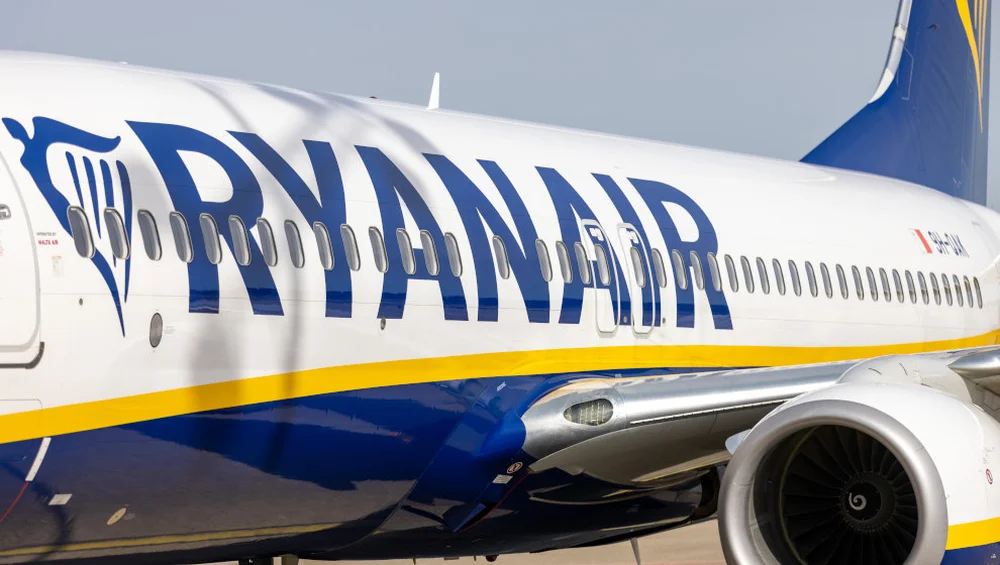
In a bold move to kick off the new year, Ryanair, Europe’s leading low-cost airline, has issued a comprehensive manifesto calling on EU governments to implement significant reforms in aviation policies. This initiative, announced at the beginning of 2025, aims to boost aviation growth, enhance tourism, and create new job opportunities across the continent.
Abolishing Aviation Taxes
At the heart of Ryanair’s manifesto is the demand to abolish aviation taxes, a move the airline believes will significantly fuel traffic and tourism growth. Citing success stories in countries like Sweden and Ireland, where the elimination of such taxes has led to increased air travel, Ryanair argues that nations like the UK, France, and Germany are suffering from declines due to higher taxes. This policy change is expected to revitalize regional economies and make air travel more accessible.
Reducing ATC Fees and Resolving Delays
Ryanair also emphasizes the need to reduce Air Traffic Control (ATC) fees, which have surged beyond inflation rates post-COVID. The airline suggests adopting policies similar to those in the U.S., where fees are more manageable, to enhance affordability and efficiency. Additionally, Ryanair proposes fully staffing morning flight waves and safeguarding overflights during ATC strikes to minimize delays. The introduction of competition in air traffic control through deregulation is another key recommendation.
Ending Growth Constraints
The airline is pushing for the removal of outdated traffic caps, such as the 32 million passenger limit at Dublin Airport, to unlock the full growth potential of regional airports. This move is seen as crucial for enabling sustainable connectivity and tourism across Europe.
Expanding Fleet and Creating Jobs
To support its ambitious growth plan, Ryanair has announced a significant investment of €3 billion in 29 new Boeing 737 aircraft, which will be deployed to efficient and low-cost airports in EU countries like Sweden, Italy, Spain, and Poland. These new aircraft are expected to reduce CO2 emissions by 16% and noise by 40%, while carrying approximately 4% more passengers. This expansion is projected to create over 2,000 new high-earning jobs in the aviation industry, including roles for pilots, cabin crew, and technical and airport management staff.
Strategic Focus on Growth-Friendly Markets
Ryanair’s strategic decision to focus on markets with growth-friendly conditions means that countries with high air traffic taxes, such as the UK, France, and Germany, will not see an increase in flight traffic. Instead, the airline will concentrate on regions where governments support aviation growth through lower taxes and reduced airport fees. This approach is expected to make Ryanair the only major airline in Europe to increase its traffic, tourism, and employment in 2025.
CEO Michael O’Leary’s Call to Action
Ryanair’s CEO, Michael O’Leary, has been vocal about the need for deregulation and growth-focused policies. He emphasized that the new European Commission under Ursula von der Leyen should take concrete actions to fix Europe’s broken ATC system, abolish aviation taxes, and return to the principle of free movement of citizens. O’Leary believes that these reforms will enable low-fare airlines like Ryanair to drive sustainable connectivity and tourism, thereby revitalizing Europe’s struggling economies.
As Ryanair sets its sights on expanding passenger volumes from 200 million to 210 million annually in 2025, its manifesto serves as a clear call to action for EU governments to rethink their aviation policies and foster an environment that supports growth, sustainability, and job creation in the aviation sector.
Related Stories
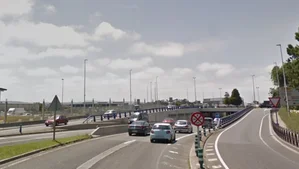
Calls for Compliance on Disuasive Parking in Santander
Santander residents urge city council to implement promised disuasive parking to cut vehicle use and boost public transport.
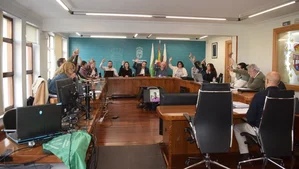
New Parking Facility in the Heart of Santander: A Boost for Local Residents and Visitors
Santander launches a new 52-space parking facility in Calle Aurelio Díez Renedo, aiming to ease parking woes and boost local economy and tourism.
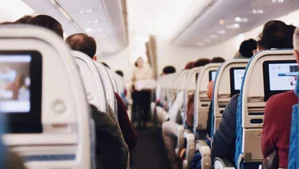
Spain's Public Transport Success: The Power of Affordable Fares
Spain's public transport sees a surge in usage thanks to affordable fares, setting a global example for boosting ridership and sustainability.
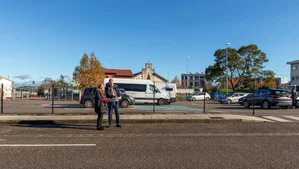
Requejada to Install Electric Vehicle Charging Point
Requejada announces a new electric vehicle charging point, marking a significant step towards sustainable transportation in Cantabria, Spain.

Tragic Road Accidents in Spain: Understanding the Risks and Causes
Exploring the dangers on Spain's roads: A study reveals the most hazardous motorways and the common causes behind accidents, urging expats and locals to stay vigilant.